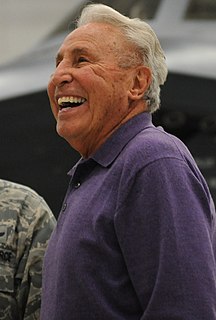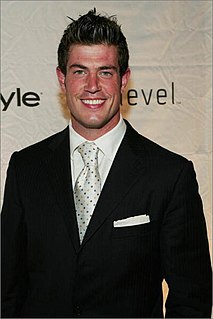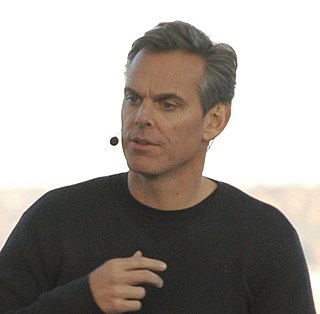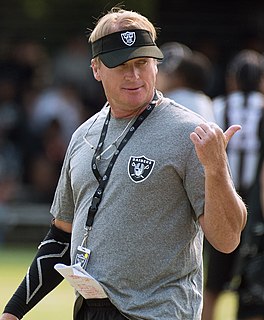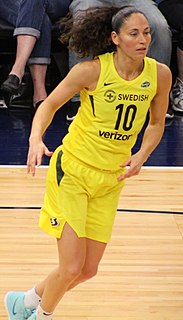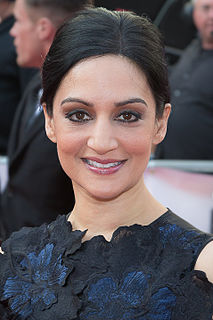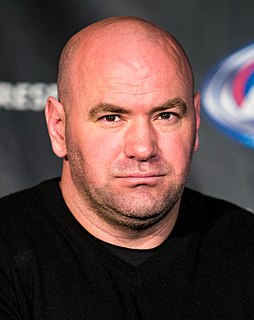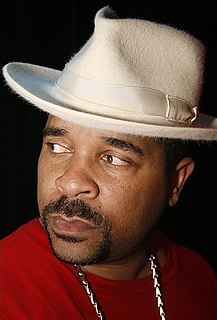A Quote by Lee Corso
Remember one thing about ESPN: People can be critical of them sometimes for being a large corporation but nine years ago I had a stroke and I couldn't talk. That's the way I made my living. ESPN could've dumped me very easy, but they didn't. They helped me and presented me an opportunity to get back on the air.
Related Quotes
I got fired - November 8, 1979. And all of a sudden, I got a call, two weeks later, about doing a game on ESPN. And I truly said - Scotty Connal, the head of ESPN production at the time, was the guy that called me - I said, 'Man, ESPN sounds like a disease. What is ESPN? I know nothing about it, never heard of it.'
It was tough getting fired by the NBA. I really didn't know where I was going, until [ESPN] called me. I said, "Hey, 'ESPN?' Never heard of it. It sounds like a disease." Now I have that same disease as a sports fanatic. All this sports madness we didn't have years ago, now I'm very blessed and fortunate to be part of it.
I open journal, I look at the picture and I remember where I was. And I remember the time of day, the temperature of the air, what music was playing, or who was talking to me, or who was looking over my shoulder and what conversations we had and the smells of the earth and the time of year it was. It's all there for me in a way that we don't get looking at a snapshot. Most of us look back at a snapshot from ten years ago and say, where was that? We don't even remember where we were.
I worked with creative people who were very demanding of me, and they helped me reach performances that I never could have gotten on my own without being pushed and having trust in them. And so I know the best way to get the best performance of an actor, and that's not to coddle them or to baby them. It's to help them; it's to push them.
